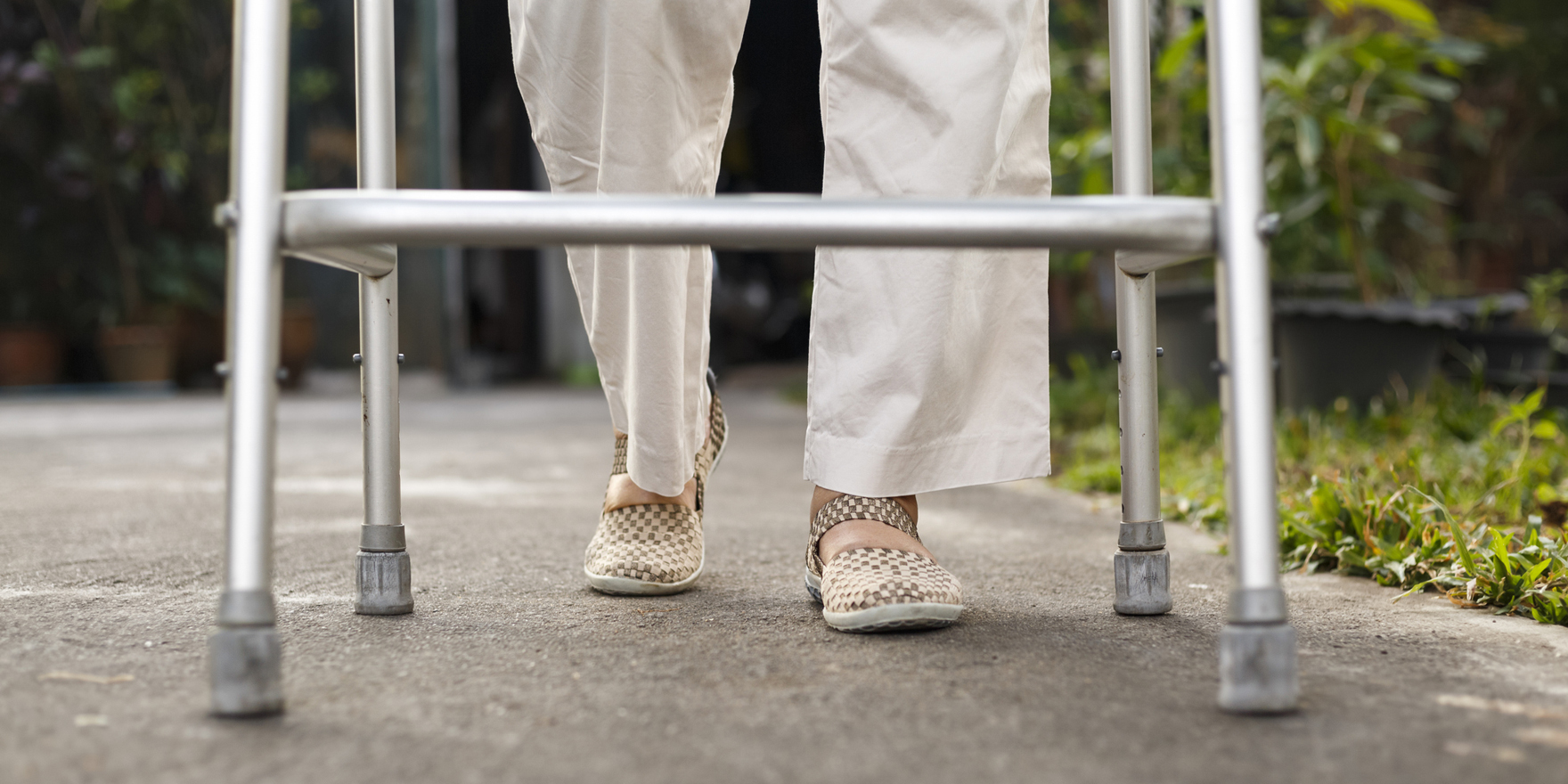Geriatricians are questioning whether older frail patients should be treated for hypertension
A study showing that high blood pressure in frail older patients is linked to lower mortality has prompted geriatricians to question whether this group should be treated for hypertension.
The observational study1 found that high diastolic blood pressure (equal to or more than 90 mmHg) was associated with 16% lower mortality in frail elderly over the six-year study.
Systolic blood pressure of 150 mmHg or above was linked with 6% lower mortality in this group.
By comparison, the older study participants who were not frail were 25% more likely to die if they had hypertension.
The study canvassed nearly 7,500 Americans aged 65 or over, using low grip strength and slow walking gait as a proxy for frailty.
The results suggested that high blood pressure might have a “protective” effect among the frail elderly, Professor Leon Flicker, a geriatrician at the University of WA, said.
While the mechanisms were not well understood, high blood pressure might be important for maintaining blood supply to the heart and brain in less able older people, the study reported.
Once the body became accustomed to high blood pressure over a long period of time in older people, it might not be able to function with reduced blood pressure, Professor Flicker said.
Anti-hypertensive medications also increased the risk of side-effects in frail elders, including dizziness, fatigue and falls.
“If people are very frail, they typically don’t respond well to anti-hypertensive therapy and they are not benefiting from having a low blood pressure,” lead author Chenkai Wu said.
This is not the first study to report on the treatment of high blood pressure in older adults. Two of the major studies, SPRINT2 and HYVET3, found that hypertension treatment benefited elderly patients. But there was limited participation from frail older people in both studies.
“The frail elderly have been excluded from virtually all trials,” Professor Richard Lindley, a geriatrician at the University of Sydney, said.
Two RCTs currently under way, OPTiMISE and Opti-Med, might shed some light on the question of whether frail elderly people should be treated for hypertension. But, until then, doctors were “actually in an evidence-free zone”, Professor Lindley said.
The National Stroke Foundation guidelines recommend treating hypertension in patients over the age of 74 who are at increased risk of CVD events, so long as the benefits outweigh the risks.
In the absence of evidence, geriatricians suggest a cautious approach.
GPs might consider de-prescribing anti-hypertensives that were causing side effects in frail older people, said Associate Professor Vasikaran Naganathan, a geriatrician at the University of Sydney.
“GPs shouldn’t lose any sleep if they back off the blood pressure [medication],” he said.
Professor Lindley went further, saying it was reasonable to question the value of virtually every commonly used treatment in the frail elderly. “Anecdotally, we can dramatically improve [frail] people’s well-being by stopping half their tablets,” he said.
1 J Am Geriatr Soc. 2017 Mar 17.
2 JAMA Intern Med. 2017 Feb 6.
3 N Engl J Med. 2008 May 1;358(18):1887-98.


